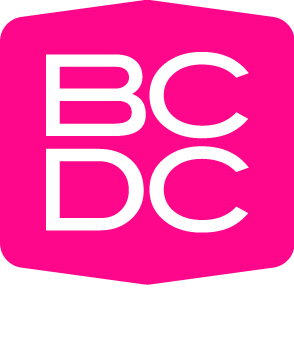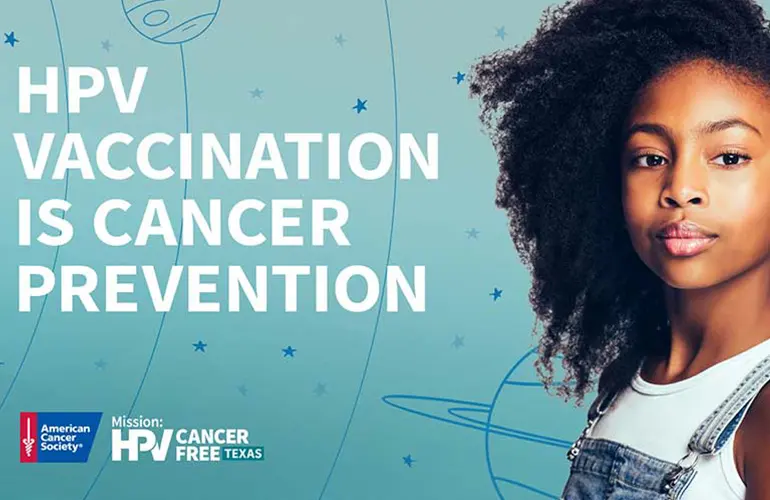Making a big impact in the 4th largest metro area in America is no small job. BC/DC Ideas was hired by the American Cancer Society to launch and manage a three year paid advertising campaign to contribute to increasing the HPV vaccination rate in the Dallas-Fort Worth area. This vaccine communication campaign was a success despite the many challenges presented in 2020. The campaign garnered over 50,000 clicks, and campaign content received over 6 million impressions. The parents in North Texas certainly know more about the HPV vaccine.
Messaging & Content Wins
The first two years of the campaign’s big focus was experimenting with social media messaging to entice the most clicks while driving down negative comments. In vaccine communications, negative posts and comments often overwhelm positive sentiment and discourage parents from vaccinating their children.
Our team experimented with two types of messages. The experiment was to see which style post go the most clicks to the American Cancer Society HPV page. The rationale was that if parents landed on the webpage, they would get all the messages they need to make an informed choice for their child.
First were traditional public health details, which gives lots of specific information in the initial social media post. These information-packed posts were informative, even if you didn’t click through, but asked people to “learn more.” Here are some sample messages:
- Safely protect your child from 6 types of cancer caused by a common virus. Ask your child’s doctor about the HPV vaccine. Read this: cancer.org/hpvtexas
- HPV vaccination is cancer prevention. Ask your child’s doctor about starting this vaccine series at their next visit. Read this: cancer.org/hpvtexas
- The HPV vaccine is safe, effective, and provides long-lasting protection from 6 types of cancer. Read this: cancer.org/hpvtexas
The second option was “Clickbait Messages” – messages that entice a click rather than giving all the ad information. These brief and sometimes provocative posts purposely didn’t mention the word vaccine or provide many facts about the vaccine itself.
In both years of this campaign, the most effective messages for driving traffic to the ACS website was the clickbait. This was true across all social media platforms – Facebook, Instagram and Twitter. This year’s winning messages were:
- Help protect your child from 6 cancers.
- Parents of preteens: STOP scrolling and read this.
- Only 43.5% of Texas kids receive this important protective healthcare measure – we can do better!
- HPV has no treatment and can cause cancer later in life. Need to know more? Read this…
Not mentioning the HPV vaccine directly in paid social media posts was the most cost-effective way of getting parent audiences to click through to campaign web pages. This is critical learning that has now been tested across two paid campaigns in this region.
Also, the clickbait posts received less negative comments on Twitter. In 2020, the Facebook posts garnered more negative comments than in 2019 but were manageable and easy to hide.
Cost Per Click on Par with 2019
The presidential campaign and COVID-19 did not diminish our reach and results in this campaign. The BC/DC Ideas team is very pleased that we’re pretty close on cost per click when comparing the 2019 results to 2020 results.
One pleasant surprise was the dramatic decrease in the cost of Facebook Advertising in 2020 – our 2020 clicks were half the cost of clicks in 2019. The big challenges were display advertising and Google Search, both dramatically more expensive this year.

